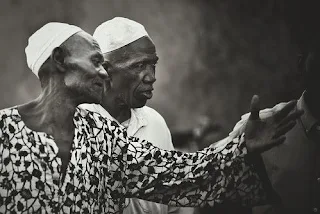What Happened on January 4 in African History
What Happened on January 4 in African History
Throughout history, January 4th has been significant for many events related to African independence, the anti-apartheid movement, politics, and military disputes. Seven pivotal events have occurred on this day, shaping the course of these important issues. See more historic dates in Africa .
Seven January 4th History of Events in Africa
January 4 – Ghana
On January 4, 1957, Ghana achieved a significant milestone by gaining independence from British colonial rule. Led by Kwame Nkrumah, this moment linked Ghana’s freedom to Africa’s total liberation, inspiring generations. Learn about Kwame Nkrumah’s legacy .
January 4 – South Africa (1960)
On January 4, 1960, the African National Congress launched protests against apartheid pass laws, galvanizing resistance and strengthening the anti-apartheid movement.
January 4 – Kenya
January 4, 2008, saw post-election violence in Kenya, leading to unrest, displacement, and eventual mediation by Kofi Annan for power-sharing reforms.
January 4 – Morocco
On January 4, 1943, the Casablanca Conference brought Allied leaders together in Morocco to plan victory strategies and lay foundations for the United Nations.
January 4 – Tanzania
On January 4, 1964, Tanganyika and Zanzibar united to form Tanzania under Julius Nyerere and Abeid Karume, promoting unity and Ujamaa socialism. Discover the story of Ujamaa in Tanzania .
January 4 – Libya
The Second Gulf of Sidra incident (1989) saw U.S. F-14s intercept Libyan jets, reflecting tense U.S.–Libya relations during the Cold War.
January 4 – South Africa (2007)
Marais Viljoen, South Africa’s last ceremonial State President, passed away on January 4, 2007, closing a chapter on the nation’s dual executive era.
More articles you may enjoy:
- That African Fabric You're Wearing Isn’t African
- About neck elongation rings
- Lighthouses of Egypt and Morocco
- Mental Illness in Africa Taboos
- Kente cloth inspired by a spider’s web
📬 Stay inspired by African history — sign up for new articles.
✉️ Subscribe to The African Gourmet






